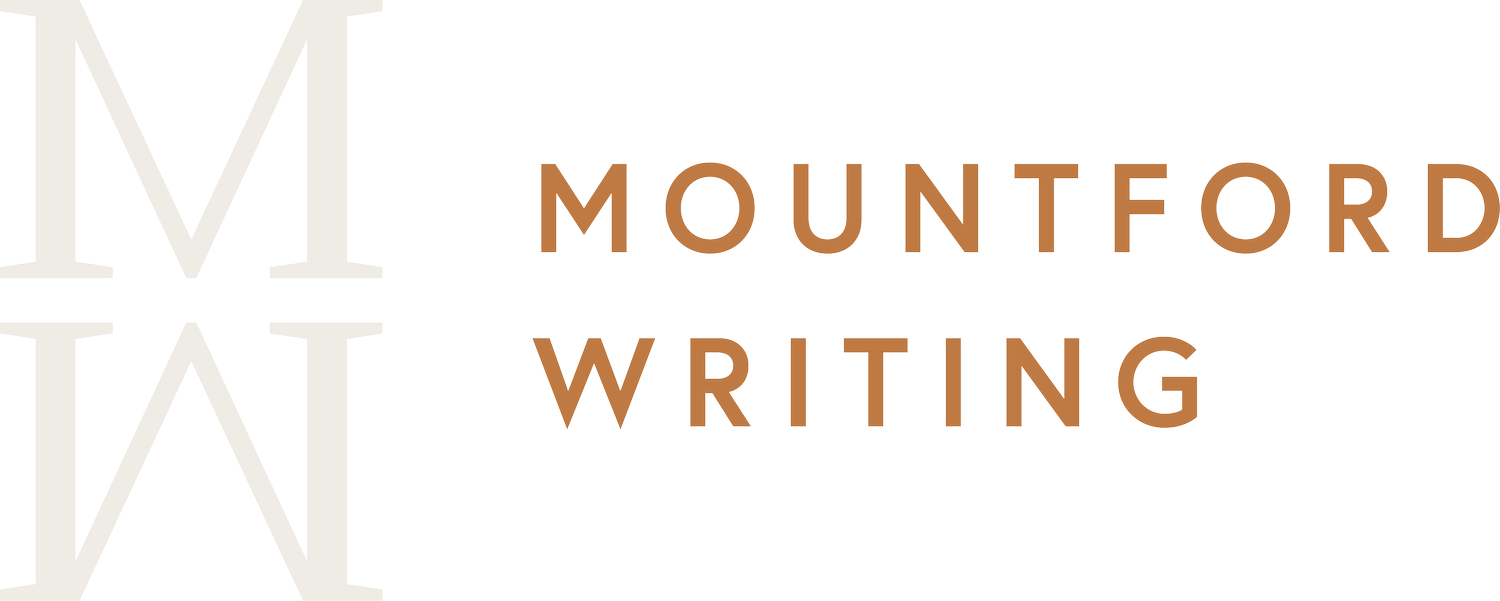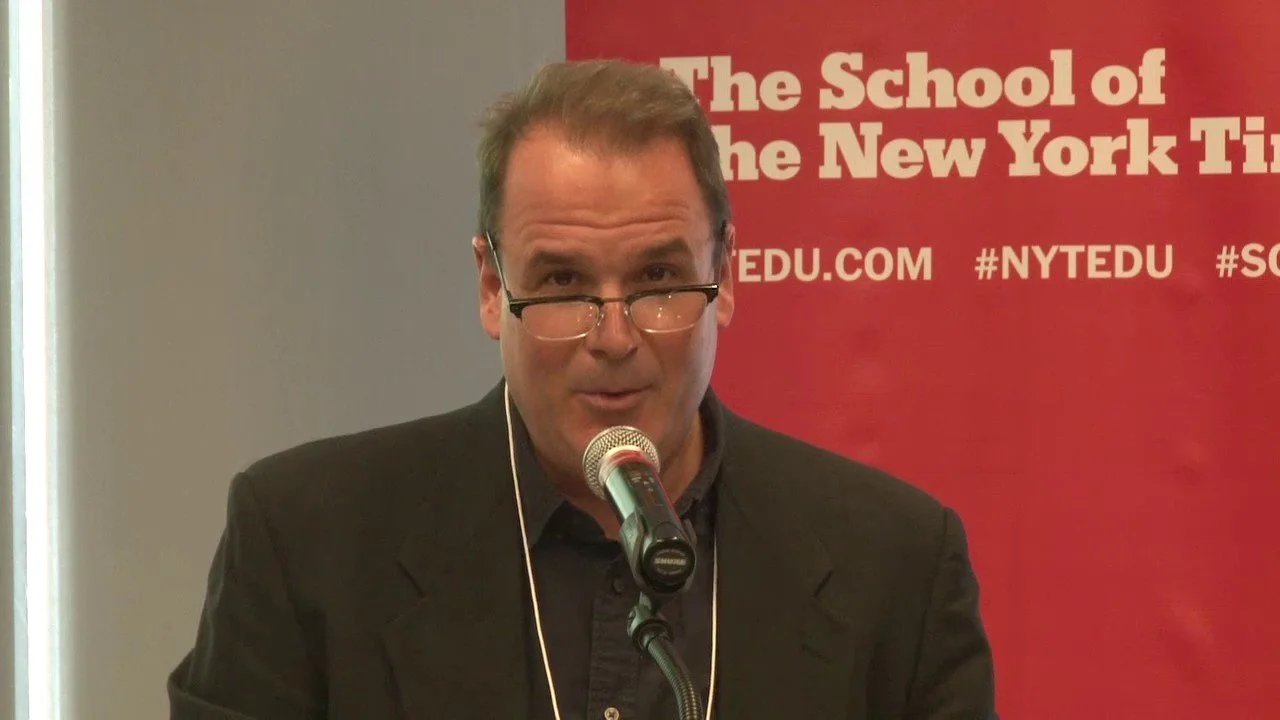Q & A: NYT Editor Peter Catapano and the Personal Essay
In early 2023, I got to spend a couple days snowed in (near the infamous Donner Pass!) with New York Times opinion editor Peter Catapano (note: Catapano specifically focuses on longer more literary essays, which run in the opinion pages, not traditional op-eds). Catapano and I are both on faculty at University of Nevada, Reno, at Lake Tahoe’s low-residency MFA program.
One of the unique features of the UNR program is that the final mentorship semester, students get to work with a professional editor. So Catapano is one of the editors mentoring creative nonfiction students as they approach graduation. It’s a remarkable opportunity for students, of course.
So while we were on campus at UNRT together, I took a minute to toss some questions to Catapano about his work—he’s been editing at the Times since 1998, so he’s seen it all by now—and I’m very grateful to him for his thoughtful replies.
NYT Opinion Editor Peter Catapano on Personal Essays
Q: What kinds of pieces are you looking for that you don't get enough of? Is there a particular subject matter?
Catapano: It's safe to say that the Times Opinion gets too many rather than too few submissions in most of the major subject areas. Of course, news events often shift the priorities from day to day, so it's very hard to pin down a subject area or type of piece that we are hungry for.
The obvious answer is that — as a section that produces more than a dozen pieces every day — we are always looking for inventive, expertly or artfully written pieces that take on a subject that is relevant and meaningful to a large audience of readers.
Most times, but not always, the relevant subjects are defined by news events. But the nice thing about opinion is that, like philosophy, it is open to and embraces all subjects. So if you are a writer and you have a focus, it’s likely that we’d cover it.
“Despite the news cycles, arguments and insights on ethics, religion, science, technology and the fundamental concerns of the human experience are never outdated. My advice to writers is to write what you care most about and read the section regularly to see what we are and are not doing. If you see a gap or an opportunity to offer a fresh argument that only you can deliver, go for it. ”
Our staff editors in graphics, photography, art and illustration, audio and video — as well as good old text — have different strengths and areas of expertise.
I would classify myself as an editor who specializes in the essay form. In particular, I am fond of writers who have what I’d call a literary sensibility, writers who can write in the 1000-1500 word space with a command of language and a distinctive voice. The areas I’ve worked most in are philosophy, literature, veterans’ issues, disability, music, mental health and art in general.
Catapano giving a talk at the NYT
Q: What do writers often do wrong when submitting essays to you?
Catapano: Nothing I would call "wrong" — maybe “unwelcome” is more accurate.
In the submission process, basic etiquette in correspondence and submission is always welcome. That involves remembering that while editors at publications or publishers are in some ways figures who represent an institution, they are also people with feelings, obligations, and expectations of civility.
It’s best to treat them the way you would like to be treated or the way you’d treat colleagues in a professional situation – with directness, courtesy and consideration. Most editors I know do return that consideration, and I try to do that, too.
In the work itself, it’s important that the length, tone and subject reflect an understanding of the editorial direction of the publication you are submitting to.
“Don’t submit to a publication without reading it and being familiar with its style and content. What works at one publication might not work at another. ”
For instance, I love to read Gawker (a former colleague of mine now runs the publication) as well as The Times. But if you sent a Times style piece to Gawker and a Gawker style piece to The Times, they’d both be rejected. Rejection from one publication is not a determination on the quality of a piece, only its appropriateness for that particular publication at that particular time.
Q: Does someone need to have credentials when they send an essay to you?
Catapano: No. Absolutely not. My career as an editor would have been tragically boring if I only read submissions by people with credentials. There is nothing better than finding new writers and helping them find an audience. I’m not against credentials, mind you, but they only reveal certain information about a writer, not all of it.
That said, if I’m interested in a submission, I may look back at some of that writer’s work. if you’ve published over a long period of time with publications. If I like or respect those publications, I’ll know we at least have something in common.
Q: Can you think of a favorite personal essay you edited from the last year or so?
Catapano: Oh my gosh, that’s kind of a cruel question – there are so many. I have been editing the Nashville writer Margaret Renkl (a NYT opinion contributing writer and author of two books) every week for almost five years and she never fails to move me with her gift for language and compassion. So anything she writes qualifies.
Just looking at the past few months, I really enjoyed this piece by the Romanian-American philosopher and author Costica Bradatan. He just wrote a well-received book on failure (“In Praise of Failure: Four Lessons in Humility”) and I asked him to write a piece that would explain why he (or anyone) would write an entire book on something we are conditioned to avoid at all costs. His take on it, which focused on growing up in Romania during the country’s own political and social failures really captivated me.
Q: When is something too personal essay-ish? Is there a line where it's just not right for the NYT, even if you kind of admire it, and hope to see it in a literary magazine?
Catapano: That happens all the time. If an essay is based on personal experience, that’s fine, but it should resonate with a wider public as well. A skilled writer can weave the two – both tell a story of their own and connect it to a wider issue or situation.
I have a perfect example of a recent piece that did this successfully. This piece by Hilary DeVries on her struggle to get her sister mental health care, “I Am the Last Barrier Between My Sister and New York City,” was a riveting personal account but expressed the struggles of so many people in similar situations, as well as the problems with the system that is designed to care for mentally ill people but often fails.
To learn more about writing and publishing essays, read this recent piece on personal essay advice from editors or 9 types of essays, or take my class. Later in the week, I’ll publish great personal essay markets and some essay prompts.




It turns out not all literary agents are built the same — there is no certification or schooling that makes it easy to tell who is a “real” agent and who is a swindler, or just very inept. A little early vetting and you can avoid singing with someone disreputable.